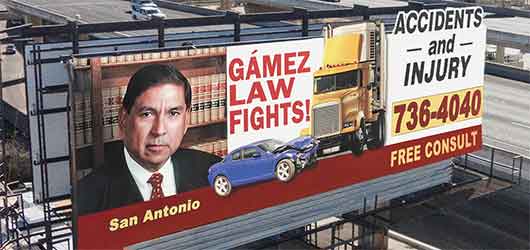If you are an avid bicyclist like many in Texas, you probably have a list of things you do before you go on a ride. Perhaps you plan your route. You likely check your bike’s tires and properly inflate them. You stretch your body to avoid injury, fill your water bottle and buckle on your helmet. However, there may be some things you are forgetting to do.
As difficult as it may be to think about, thousands of cyclists across the country suffer injuries in accidents with motor vehicles, and hundreds lose their lives. Chances are that the area where you most enjoy riding puts you among bigger vehicles. A driver’s inattention or recklessness, even for a moment, can leave you struggling with debilitating injuries or fighting for your life. Taking a few extra steps in your routine may help you if the worst should happen on your ride.
Make a plan for life
Planning for the worst-case scenario, a collision with a motor vehicle, may not be your idea of fun, but it may benefit you in the long run or bring some peace to your family. For example, before you get on your bike, it is wise to review your insurance policy. Not every driver will carry sufficient insurance to cover you if you suffer catastrophic injuries, and some drivers may not even remain at the scene. Other steps can provide a different type of insurance while you ride, such as:
- Mounting cameras on the front and rear of your bike, which may assist law enforcement in piecing together the facts of the accident
- Purchasing crash-detection technology, which is available as apps for your device, installed on your bike or even in some helmets
- Making your “in case of emergency” contacts easy to find on your cellphone
- Keeping emergency information in an accessible location on your bike in case your phone is damaged in an accident, including identification, emergency contacts and relevant medical information
- Learning some basic first aid so you can render assistance to fellow bikers or treat your own wounds if possible
- Accepting medical attention since head injuries, internal bleeding and other injuries are not always obvious immediately after an accident
Unfortunately, police are often under the assumption that a bicycle accident is the fault of the cyclist. Because of this, it may be difficult to obtain their support when it comes to gathering evidence or hearing your side of the story. This is why many bicycling advocates recommend seeking assistance soon after your accident.


